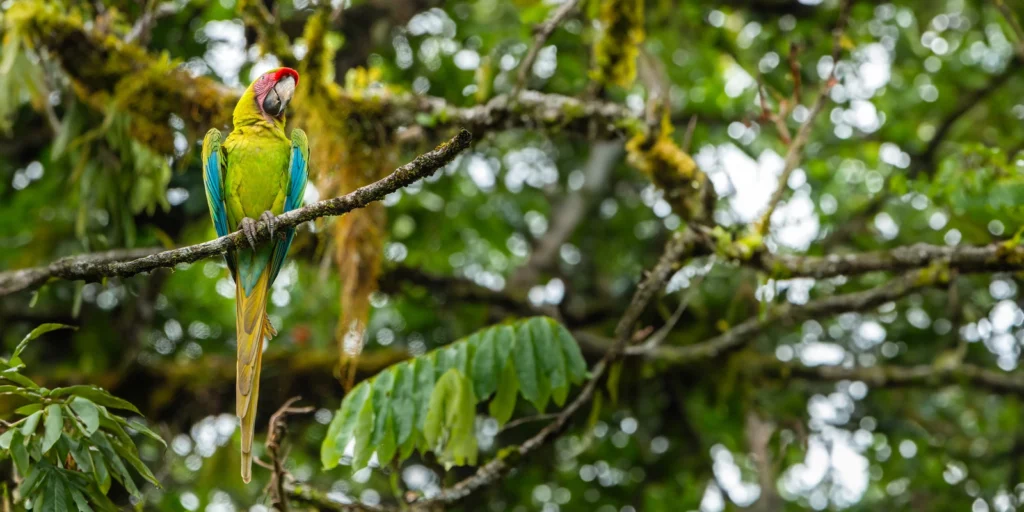

IMPACT PROMISE
Our Partners are carefully selected due to their high conservation impact
Partner Snapshot
Cerro Chucantí, Panama
- Community Support and Development
- Ecotourism
- Ecosystem Restoration
- Endangered Species
- Government Policy
- Protected Area Management
- Wildlife Conservation
- Colombian Spider Monkey
- Chucantí Centipede Snake
- Chucantí Salamander
- Clearance of rainforest for cattle ranching
- Slash and burn activities
- Logging
- Protected area management
- Expand ecotourism infrastructure
- Community education and engagement
The Challenge
The cloud forests of Cerro Chucantí Reserve in eastern Panama rise to 4,700 feet in elevation and sustain a diverse tropical forest ecosystem. The geographic isolation of the Cerro Chucantí mountaintop reserve has allowed its flora and fauna to diversify considerably, such that it contains a number of locally endemic species found nowhere else on Earth.
There have been many discoveries of species new to science at this unique site, including salamanders, frogs and snakes. Unfortunately, the rainforests in Cerro Chucantí are under significant threat from slash and burn activities, logging and cattle ranching.
Urgent Solutions
ADOPTA will work to strengthen the protection of the reserve through hiring forest guards and working in conjunction with the local government. Patrols will ensure the forest remains intact and poaching is stopped.
An important part of the long-term strategy is ensuring local community support, and ADOPTA's mission includes educating, training and engaging the community in conservation activities.
Why Your Donation Matters
With support from donors, ADOPTA can ensure the Cerro Chucantí Private Nature Reserve is safeguarded for all wildlife. Furthermore, the recently acquired San Bartolo Private Nature Reserve preserves the last remnants of lowland Pacific rainforest and fosters biodiversity akin to the biodiverse Osa Peninsula.
By donating, supporters play a vital role in preserving these unique ecosystems and the remarkable species that inhabit them.


